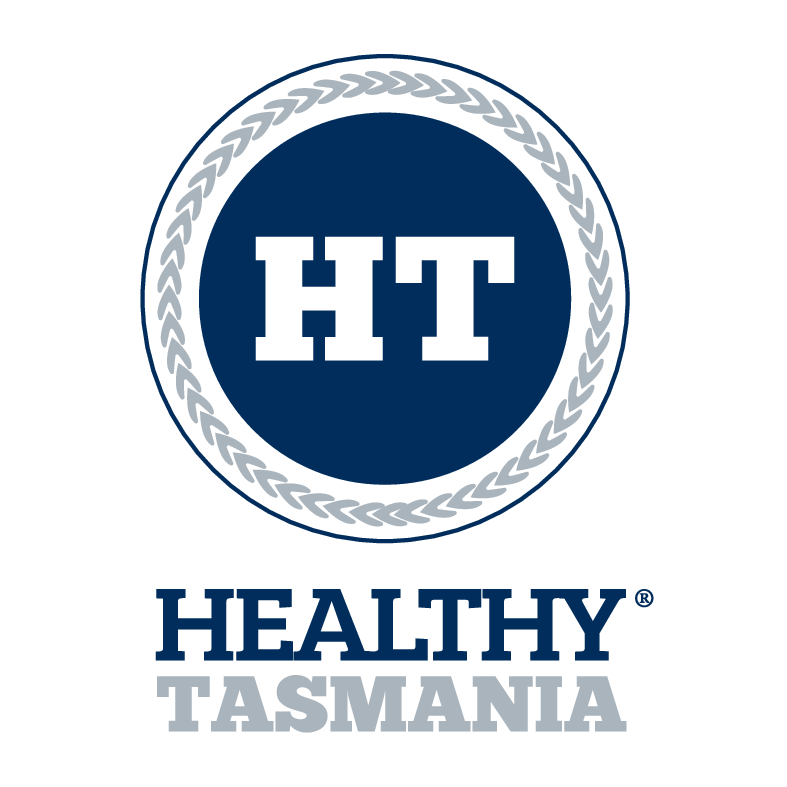Launceston Diabetes Clinic director Gary Kilov to host diabetes forum at Ulverstone
JULY 27 2019 - 12:30PM
It's time to be aggressive around diabetes prevention and management, according to the guest speaker of a forum aimed at challenging established practices and concepts of one of the fastest growing chronic conditions.
The Dr Simon Monks Memorial Foundation has partnered with Healthy Tasmania to bring Launceston Diabetes Clinic director, associate Professor Gary Kilov, to Ulverstone on Wednesday.
Here, professor Kilov will address more than 60 primary health care workers on recent changes to international diabetes guidelines, as well as the introduction of new medications and technology.
More than an academic exercise, professor Kilov said the forum was aimed at influencing the clinical outcomes for patients living with diabetes.
"GPs are involved from the cradle to the grave and there are many steps along the journey where they can have influence," he said.
"Before diabetes even develops, if we are able to prevent some of those issues. There is good evidence that we can significantly reduce new onset of diabetes, with lifestyle interventions.
"We've looked to present this in an area of particular need, where there isn't as much specialist support.
"It's about finding an area of need and hopefully distilling the essential information in a way that the clinicians are able to use in their day to day practice."
Diabetes is a leading cause of irreversible blindness, kidney failure and dialysis. It also increases a person's risk of a heart attack and stroke by up to four times.
About 5.5 per cent, or around 29,000 Tasmanians, are living with diabetes compared to the national average of 5.1 per cent.
Healthy Tasmania managing director Lucy Byrne said an increase in medical knowledge and practice would ultimately help improve the outcomes of diabetes patients.
"We know that diabetes is one of Australia's fastest growing health problems so it is highly important we provide an educational opportunity for our local health professionals as Tasmania is not immune to the disease," she said.
"We are fortunate enough to have an internationally recognised clinician here in the North of the state so it makes sense to allow him the platform to pass on his knowledge of the topic to help us manage diabetes better."
Professor Kilov said recent advancements had led to a fundamental shift in health professional's understanding around the actions of ant-diabetes medications.
However, he said it also brought new challenges.
"Keeping abreast of current best practice and cutting-edge technology is daunting for the generalist. We aim to distill the latest evidence and best practice guidelines and present these in an accessible manner to the non-specialist," he said.
"This newly acquired knowledge will be implementable into clinically meaningful actions. Ultimately this will benefit the patient."
This article first appeared in The Examiner newspaper here


